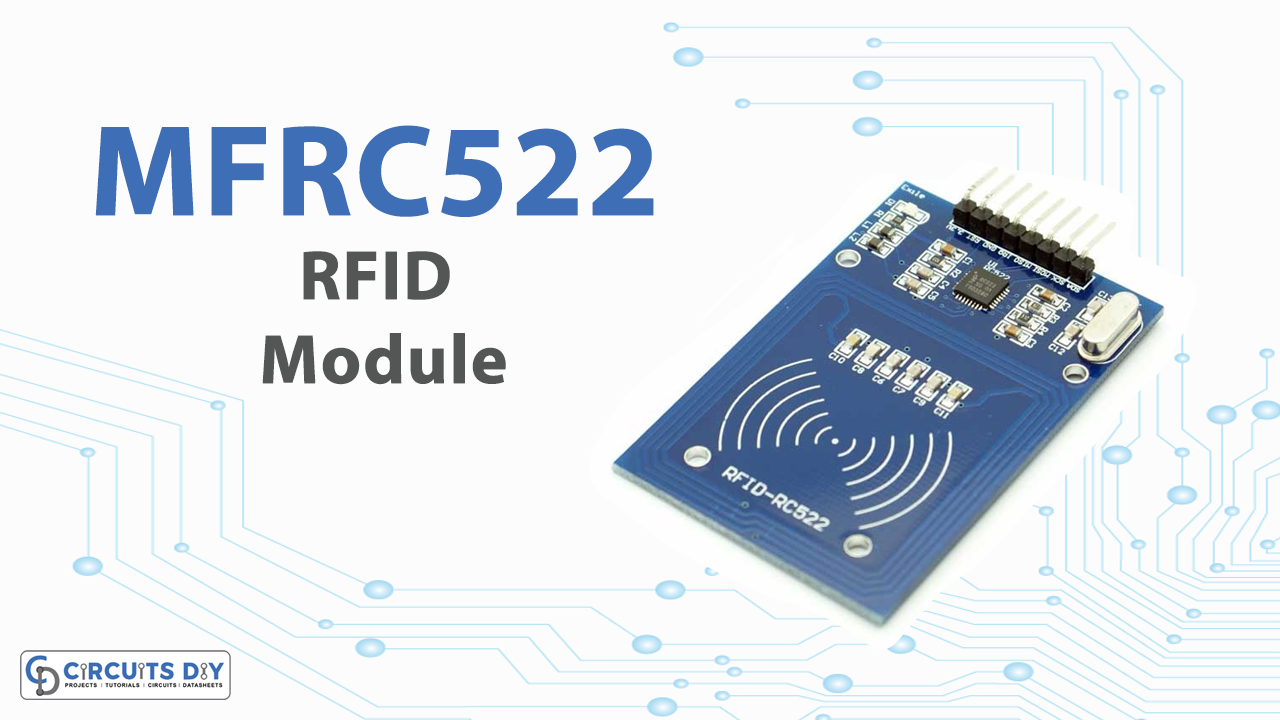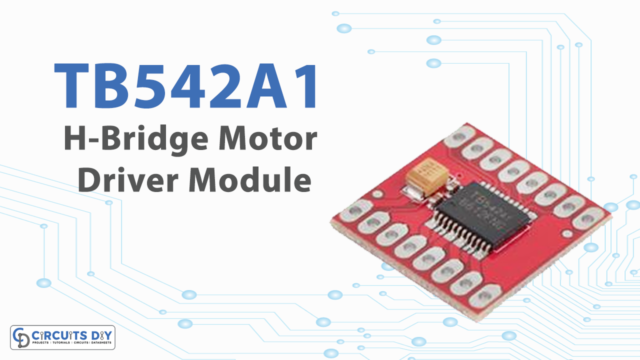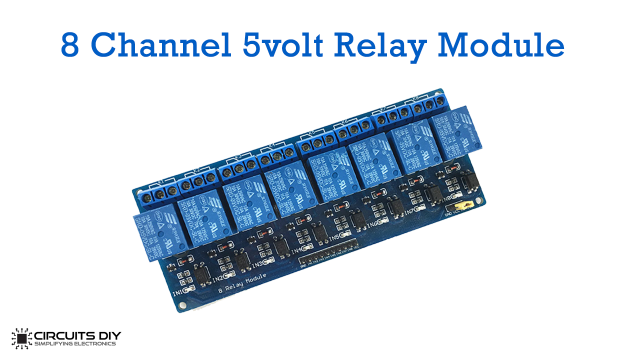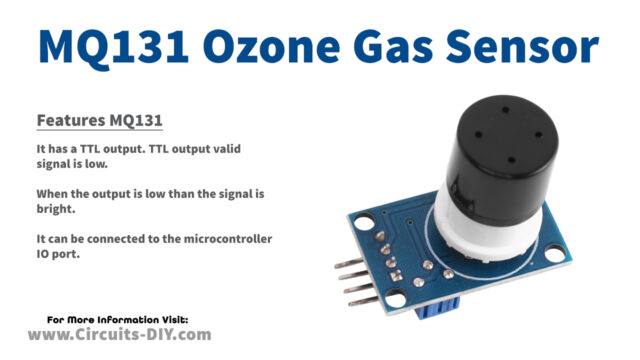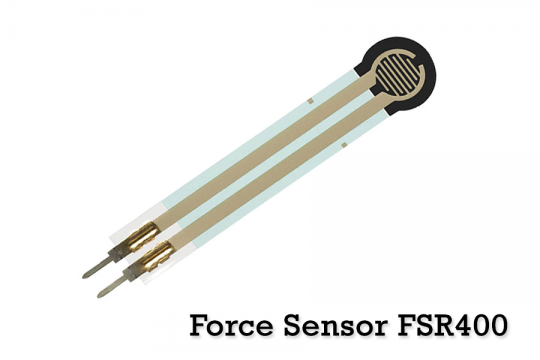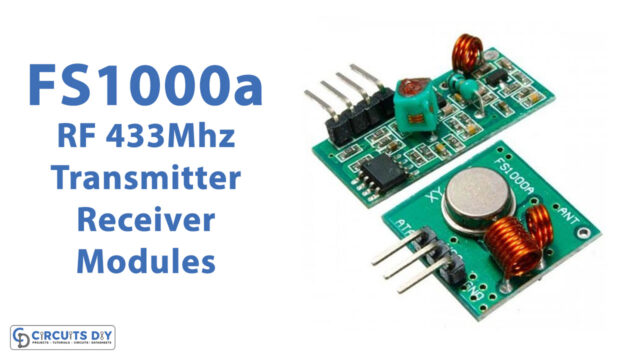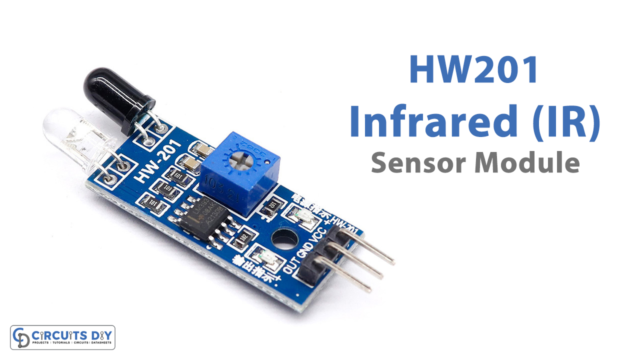Radio Frequency Identification that is abbreviated as RFID, uses electromagnetic fields to recognize the tags affixed to things in stores, malls, etc. These RFID tag stores a widened range of information. The RFID tags powered the RFID reader to read. Hence, it doesn’t require any battery, etc. RFID emits radio waves to emit the signal back from the tag. This article is about the RFID module MFRC522.

An Overview of MFRC522 Module
Hardware Overview
RFID system comprises two major components, a tag attached to an object which needs to be identified, and a Transceiver called a reader. A Reader comprises a Radio Frequency module and an antenna that generates a high-frequency electromagnetic field. The tag doesn’t contain a battery; it has a microchip that stores and deals with information and an antenna to pick up and transmit a signal.
Working on the Module
The MFRC522 module comprises an RFID reader, an RFID card, and a key chain. The module can operate at the industrial band frequency of 13.56 MHz. The keychain of the module has a memory of 1kB to store the information or data. Also, the reader of the module can both read and write the data. However, reading of the data can be done only from the passive tags that operate on the frequency of 13.56MHz
Features and Specifications of MFRC552
MFRC522 – RFID Features
- Integrated MF RC522
- 13.56MHz contactless communication card chip.
- The low-voltage, low-cost, small size of the non-contact card chip to read and write.
- Suitable for Smart meters and portable handheld devices.
- Advanced modulation and demodulation concept completely integrated in all types of 13.56MHz passive contactless communication methods and protocols.
- 14443A compatible transponder signals.
- ISO14443A frames and error detection.
- Supports rapid CRYPTO1 encryption algorithm, and terminology validation MIFARE products.
- MFRC522 supports the MIFARE series of high-speed non-contact communication, a two-way data transmission rate of up to 424kbit/s.
- Low cost, and ideal for user equipment development.
- The reader and RF card terminal design meet advanced applications development and production needs.
- Can be directly loaded into the various reader molds, very convenient.
MFRC522 – RFID Specifications
- Operating Current :13-26mA / DC 3.3V
- Idle Current :10-13mA / DC 3.3V
- Sleep Current: < 80uA
- Peak Current: < 30mA
- Operating Frequency: 13.56MHz
- Supported card types: mifare1 S50, mifare1 S70 MIFARE Ultralight, mifare Pro, MIFARE DESFire
- Environmental Operating Temperature: -20 – 80 degrees Celsius
- Environmental Storage Temperature: -40 – 85 degrees Celsius
- Relative humidity: relative humidity 5% – 95%
- Reader Distance: ≥ 50mm / 1.95″ (mifare 1)
- Module Size: 40mm × 60mm
- Module interface: SPI
- Data transfer rate: Maximum 10Mbit/s
Pinouts

| in Number | Pin Name | Description |
| 1 | Vcc | Used to Power the module, typically 3.3V is used |
| 2 | RST | Reset pin – used to reset or power down the module |
| 3 | Ground | Connected to the Ground of the system |
| 4 | IRQ | Interrupt pin – used to wake up the module when a device comes into range |
| 5 | MISO/SCL/Tx | MISO pin when used for SPI communication, acts as SCL for I2c and Tx for UART. |
| 6 | MOSI | Master out slave in pin for SPI communication |
| 7 | SCK | Serial Clock pin – used to provide a clock source |
| 8 | SS/SDA/Rx | Acts as Serial input (SS) for SPI communication, SDA for IIC and Rx during UART |
Applications
Automatic Billing System
An automated billing system is a brilliant solution for handling payments in malls, etc. It deals with all the functions related to the billing process. An auto-billing service can collect payments and handle other related things.
Attendance System
Radio Frequency Identification based attendance system solves this problem of attendance system. This system can take attendance for students in institutes, schools, colleges, and universities.


